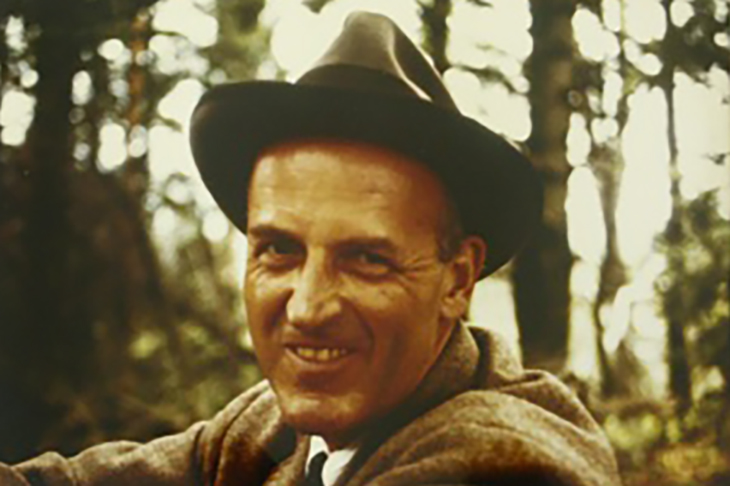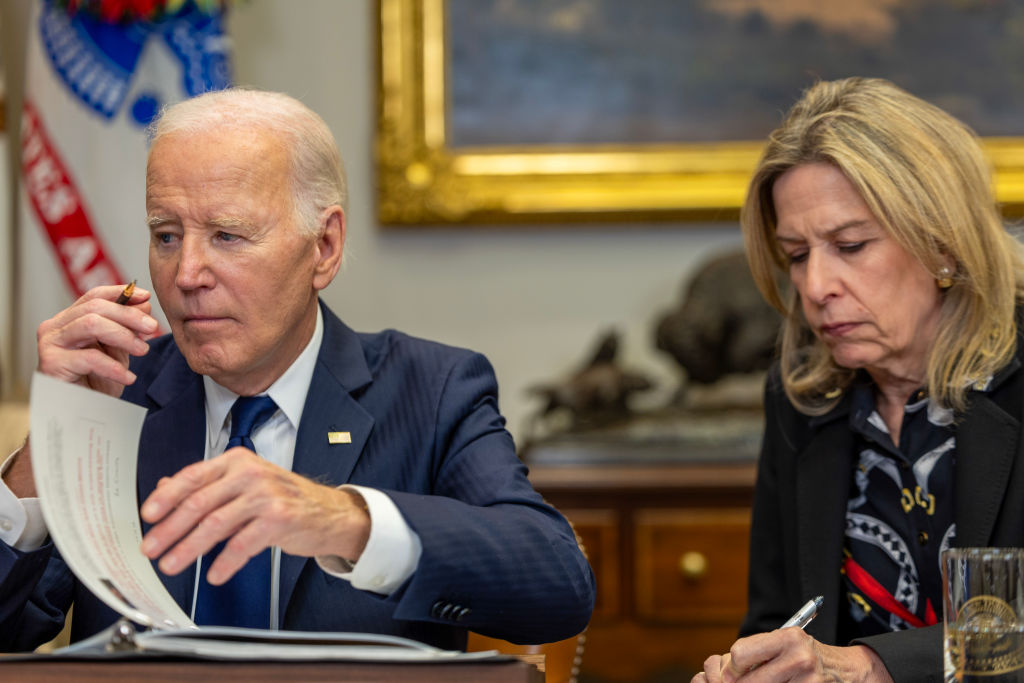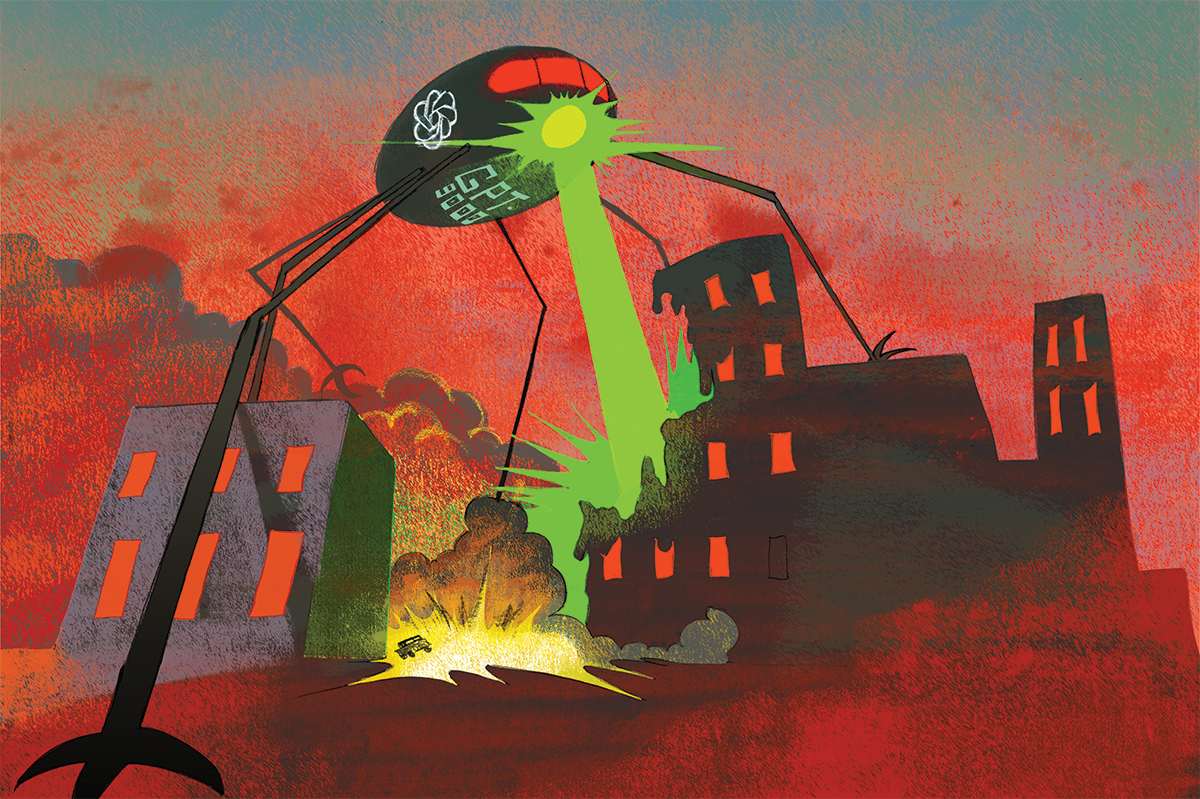When, in my late twenties, I returned home as a self-dramatizing repatriate to wreak my unspeakable visions of the individual upon a world that never asked for them, I determined to meet the men who were my ancestors (even if they were blissfully unaware of this avuncular connection).
Upstate New York has a fine literary tradition, stretching from Washington Irving, James Fenimore Cooper and Harold Frederic through Edmund Wilson, Carl Carmer and Frederick Exley. From the due-date stamps I could tell that I was the first person in decades to take out Philander Deming or Josephine Young Case.
If the stars of the generation then passing burned less brightly in the firmament, well, then it was up to me to illuminate them. The Southerners were always praising their forebears, and at the ass-end of our state Gotham’s litterateurs were not shy about blowing horns — their own but also those of others, time permitting. Southerners and NYC writers looked out for their own; good for them. We of Upstate New York had not.
So I set out to meet the gray — and I mean really gray — eminences of my place, Walter D. Edmonds was a historical novelist best known for Drums Along the Mohawk, which was kept from a lengthy stay atop the bestseller lists of 1936 only by Margaret Mitchell’s Gone with the Wind. Edmonds, whose family tree included Louisa May Alcott, occasionally drank with the eminent man of letters Edmund Wilson, who was known to his neighbors in Talcottville as an old crank yelling at the kids from his porch.
Wilson envied the courtly Edmonds his acceptance from the locals. (It helps, Bunny, to be kind and not condescending.) Over brownies and bourbon the choleric Wilson once told Edmonds that he found his books ‘terribly dull’ but that he did have a flair for writing about animals. The compliment went undigested.
Henry W. Clune, of whom I have written previously in these pages, was the chronicler of Rochester life whose most commercially successful novel, a roman à clef about George Eastman of Kodak fame, bore the snicker-inducing title By His Own Hand (1952). Just how Eastman took his erotic pleasure was always a matter of speculation, but if I could turn back time, as Cher sang, I’d urge Henry to insist upon his original title, The Stars Have Monstrous Eyes.
Warren Hunting Smith, issue of the leading family of Geneva, New York, was a scholarly, aristocratic bachelor who spent much of his adult life editing the correspondence of Horace Walpole but also wrote a delightful novel, The Misses Elliot of Geneva (1940), about two snobbish spinsters, Primrose and Candida, indigent Episcopalian gentle women whose wrath is showered upon ‘foreigners, Democrats, High Churchmen, and companies that didn’t pay dividends’.
Of Primrose and Candida, Smith wrote, ‘They felt the United States of America was, in a spiritual sense, almost their own property, just as they felt that Geneva almost belonged to them.’ This same proprietary patriotism imbued Walter D. Edmonds and Henry W. Clune, who — like Edmund Wilson — felt their country slipping away from them. The USA just didn’t seem like it was theirs anymore. (A sensation common to millions of Americans today.) As if to emphasize the point, Edmonds’s childhood home in Manhattan — ‘the old Federal house on 11th Street’ — was blown up in 1970 by a pipe bomb misconstructed by the upper-middle-class radicals of the Weather Underground.
I befriended each member of what I imagined to be the brotherhood of pre-war Upstate novelists — the Three Amigos of the Burned-Over District. I felt like a young baseball fan of the 1950s who through bumptious good luck had become pals with Tris Speaker, Ty Cobb and Honus Wagner. Edmonds and Smith were nonagenarians when I knew them; Clune, who would live to a hearty 105, drinking a martini every day at precisely 5:00p.m., had just entered centenarianhood. God I hope those genes of Methuselah can be passed on by missive and gin.
To my surprise, however, I had entered a fraternity to which no one had ever pledged. I read the roll call of Upstate writers and asked Warren Hunting Smith what degree of kinship they shared. ‘None whatsoever, I should say.’ Well, I asked, did you ever read the others? ‘No, I never read them.’ Nor had Edmonds or Clune read Smith. None of the three had ever met, corresponded, quarreled or gotten loaded together. There was no Upstate scene. No literary mafia. I was on my own. In a maudlin moment I screamed — OK, I recited in the privacy of my own head — a line from Arthur Rimbaud: ‘If only I had one predecessor in French history! But no, none…’
Hey, I was just a kid. Cut me a break, OK?
This article was originally published in The Spectator’s February 2021 US edition.

























